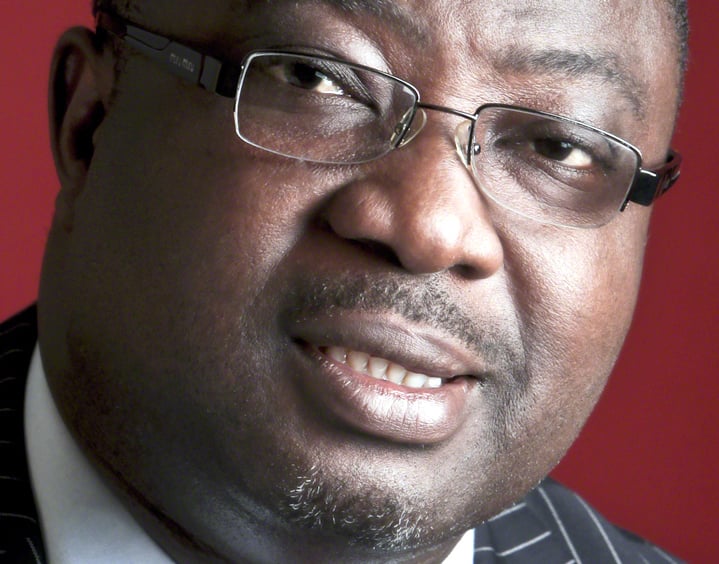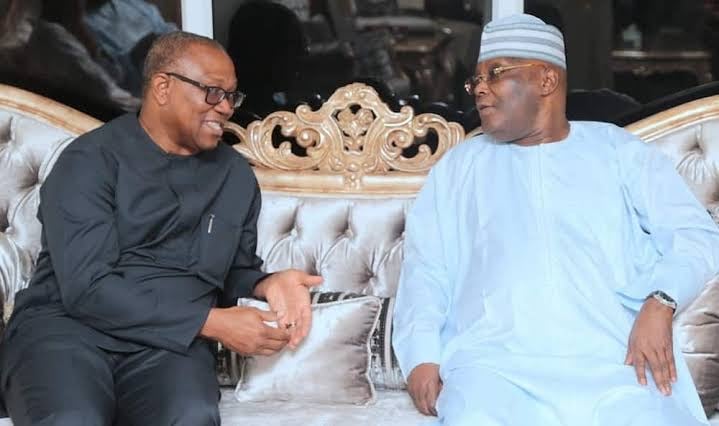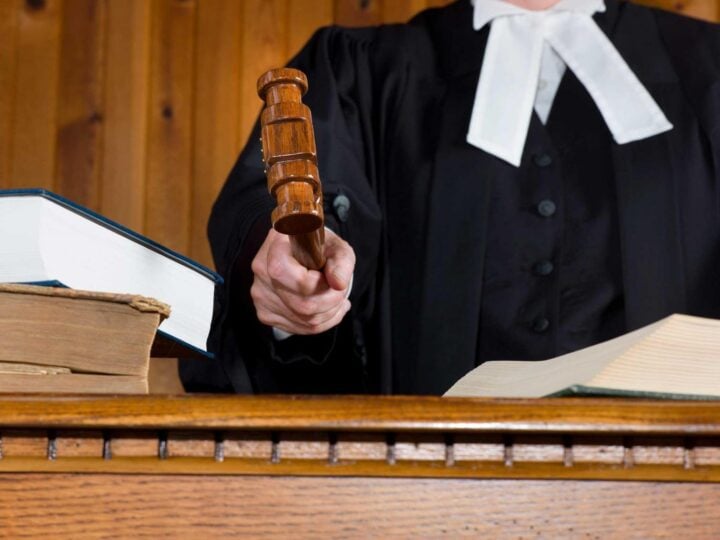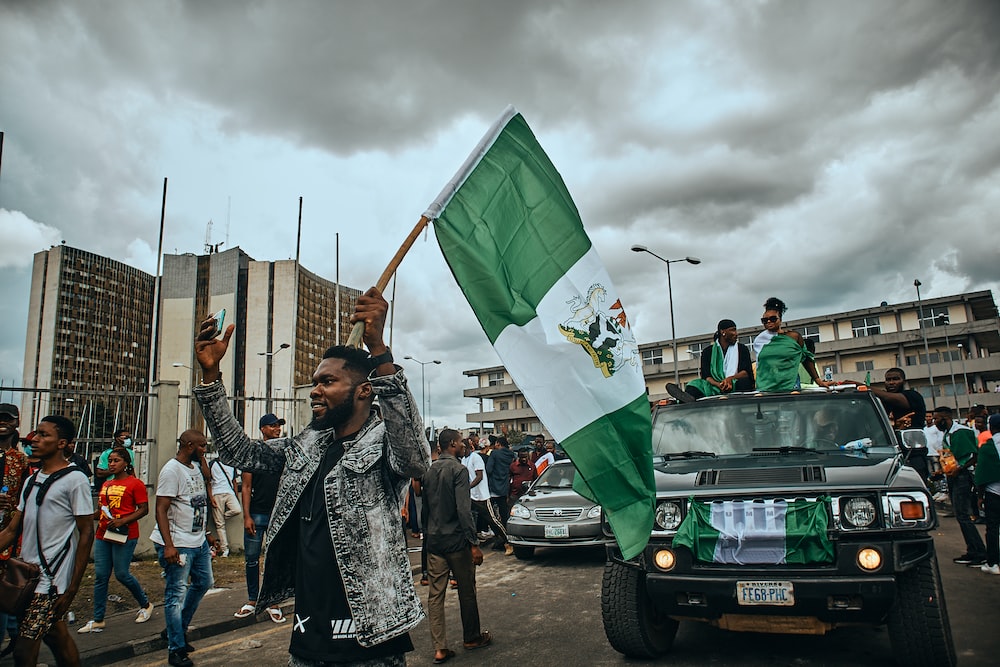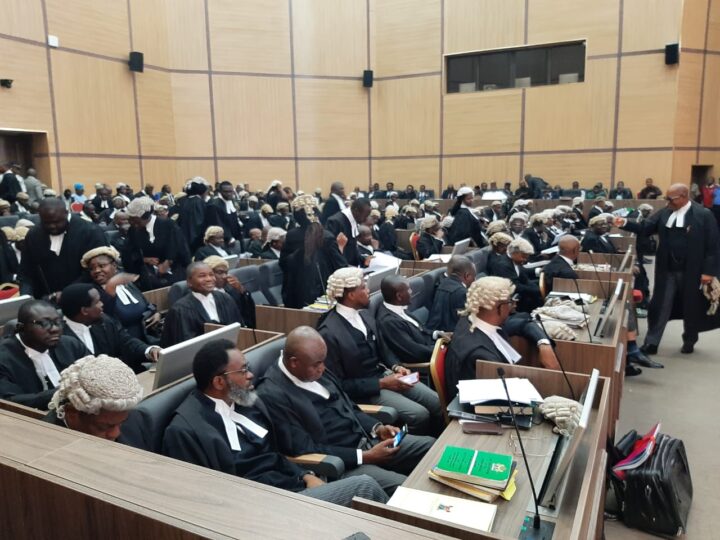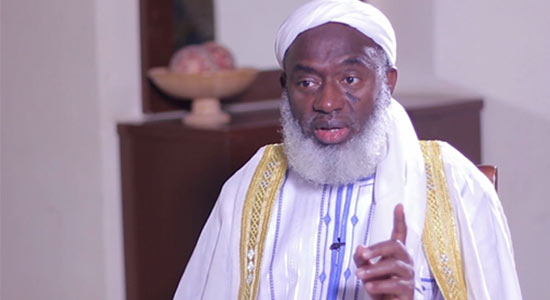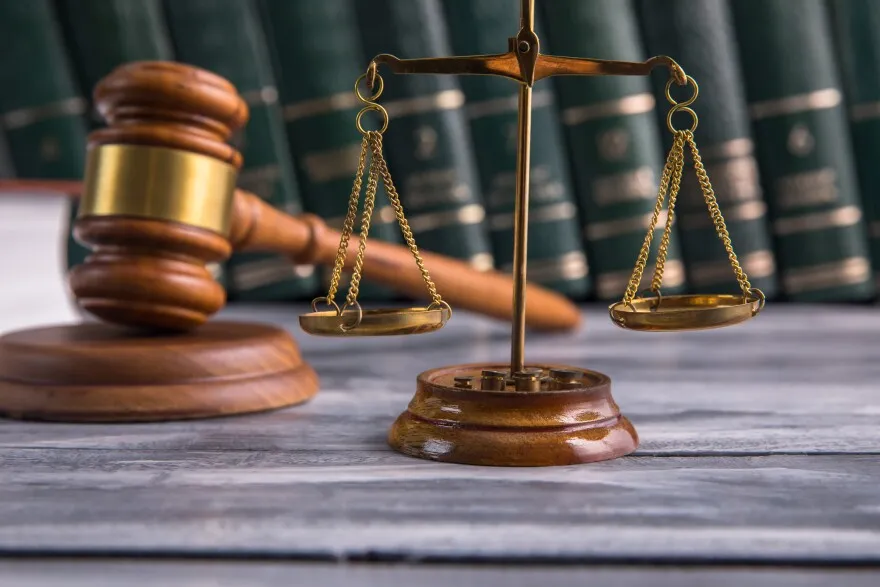Former Vice-President Atiku Abubakar.
After the supreme court delivered its landmark judgment in the appeals filed against the presidential election petition court verdict affirming President Bola Tinubu’s victory in the February 25, 2023 election, my mind immediately raced to former vice-president and PDP candidate, Alhaji Atiku Abubakar.
What will now be Atiku’s next line of action, with the curtains now drawn on the 2023 election? The former vice-president, more than 24 hours after the verdict, has not spoken about or officially reacted to it. What will he say when he eventually speaks? Is this the end of a battle for the exalted office spanning 30 years and which had seen Atiku contest six times unsuccessfully? Will Waziri Adamawa contest again in 2027 when he will be 81?
These are the issues that agitated my mind. In my view, the former vice-president should properly examine his present situation and make the right decision. In arriving at his decision, Atiku needs to draw appropriate lessons from his political trajectory. And there are enough lessons from the political to legal and moral in the entire Atiku political saga.
First the political.
Advertisement
Atiku has struggled for the presidency for all of 30 years, since 1993. One top politician at one time labelled him the Raila Odinga of our time and not the Abraham Lincoln who contested various elective offices in the US many times, before eventually winning the presidency. Atiku came close to the presidency, in 2003 when then-President Olusegun Obasanjo, a wily old man, had to beg his deputy to get the PDP ticket only to return to descend heavily on him.
This last attempt at the presidency has been the most virulent and most expensive for Atiku. He contested the election on a broken political platform. First, his platform was weakened by a group of five governors called G5, who left the party on the cusp of the election, demanding the resignation of Iyorchia Ayu as PDP chairman. His platform was further weakened by the exit from the party of his ally and running mate in 2019, Peter Obi, who went to contest for the same 2023 election as the candidate of the Labour Party. One still wonders why Atiku for the sake of his lifelong ambition did not sacrifice Ayu before the election, and allow him to step aside to keep the G5 governors in the party?
After losing the 2023 election to President Tinubu, Atiku embarked on perhaps the most expensive election petition in Nigeria’s history. He and his cohorts embarked on a voyage to the United States to authenticate Tinubu’s Chicago State University certificate, which the latter eminently earned in 1979. Atiku claimed Tinubu forged the certificate, but after the Chicago expedition, Atiku and his agents returned empty-handed. Atiku spent a fortune on US lawyers. It would appear the lawyers sold him a dummy to cash out. They gave the impression that he could ride to the presidency on the back of an allegedly forged CSU certificate, despite warnings that the mission of discovery would boil down to naught. As the justices of the apex court held, the matter of forgery was neither pleaded at the election tribunal nor any attempt made to amend the plea to include it.
Advertisement
There was no due diligence in the handling of the entire appeal and the original petition. Atiku filed 35 grounds at the supreme court on why President Tinubu’s election should be voided. He lost all. He claimed for instance that he won majority votes without adducing evidence of the superior votes he won.
The legal lesson: politicians should not allow lawyers to bind them into an electoral challenge that lacks a legal foundation, because when the chips are down the court will rule only on the basis of law.
The last point is on the conventional wisdom that when you try to beat a friend in a contest and hard as you try, you are not able to, it’s time to give up. My advice to Waziri Adamawa is that it’s time to quit the quest to be president.
The election petition filed by Atiku and the other filed by Mr. Obi of the Labour Party which the apex court judges wasted no time in dismissing, have nonetheless served useful purposes. The court did justice to all the major issues brought before it on the points and merits of the law, which was why the judgment was widely applauded. Once again, the court has proven that it is one of the fundamental pillars of our democracy.
Advertisement
It is important to highlight a few of the issues the learned justices put to rest completely.
One, the apex court held that non-transmission of the results to the IREV portal cannot invalidate the results as IREV is not a collation centre. The court held that what is important is the sanctity of the results from the polling units. It said the appellants did not demonstrate non-compliance or that the failure to transmit results to the IREV portal affected the results of the election.
Two, the Justice Okoro-led panel held that it is not mandatory for any candidate to win 25 percent in the federal capital territory, Abuja to emerge president and that such is not a constitutional requirement for the valid return of a candidate as duly elected president.
Agreeing with the presidential election petition court or the lower court in the case, the court said if the framers of the constitution had wanted it that way they would have stated so specifically.
Advertisement
Three, the supreme court affirmed the 180-day limit for the hearing of election petition and dispensing with it. Election matters are time-bound and must be heard and concluded within the time allowed. The court further held that filing of additional evidence, not pleaded at the court of first instance, runs foul of the Electoral Act.
Indeed, Justice Okoro and his brother and sister justices did a wonderful job for which posterity will remember them for good.
Advertisement
For President Tinubu, now that he has been handed a judicial clean bill, it’s time to concentrate on governance. This is not to say governance had suffered while the election cases lasted, but the cases were a distraction of sorts. On that Thursday, October 26 when the supreme court delivered its verdict, President Tinubu listened to the judgment in his office after which he quickly went back to work.
But the unending flow of governors, both in APC and PDP, ministers, and presidential aides to his office to congratulate him consumed part of the day’s schedule. He eventually retired home to continue work.
Advertisement
In his reaction to the judgement, the president affirmed that justice had been served and the validation of his election is a call to service and to more work.
“The victory of today has further energised and strengthened my commitment to continue to serve all Nigerians of all political persuasions, tribes or faiths with honlour and total respect for the diverse opinions uniting values of our citizens, ” he said.
Advertisement
Rahman, former Thisday on Sunday editor, is a presidential aide.
Views expressed by contributors are strictly personal and not of TheCable.
Add a comment
